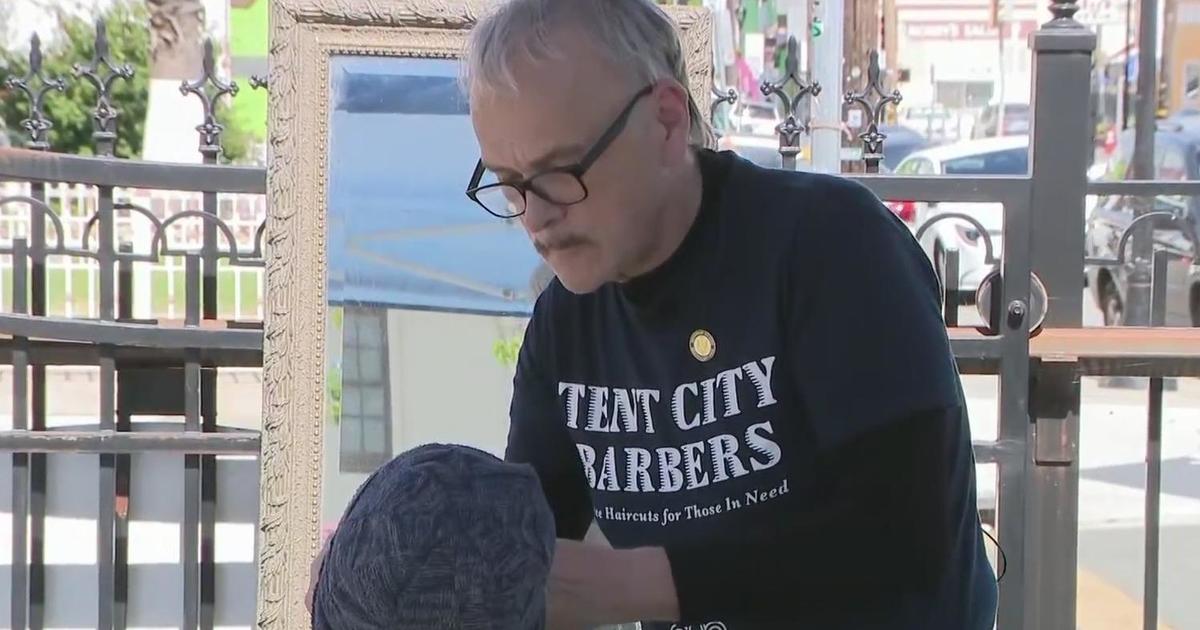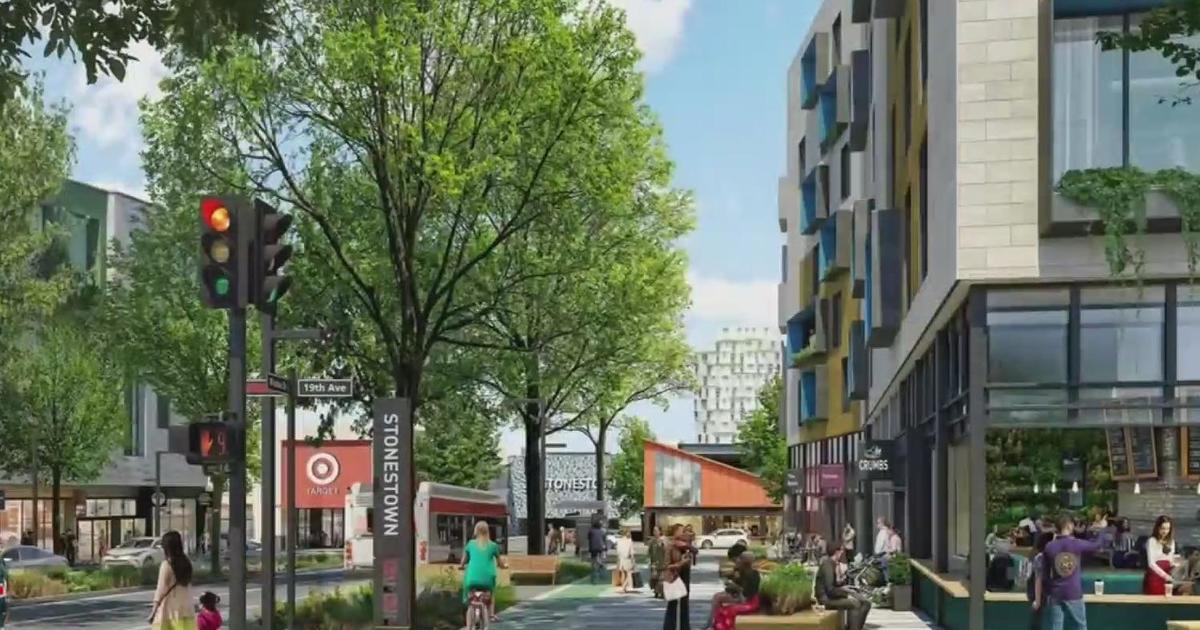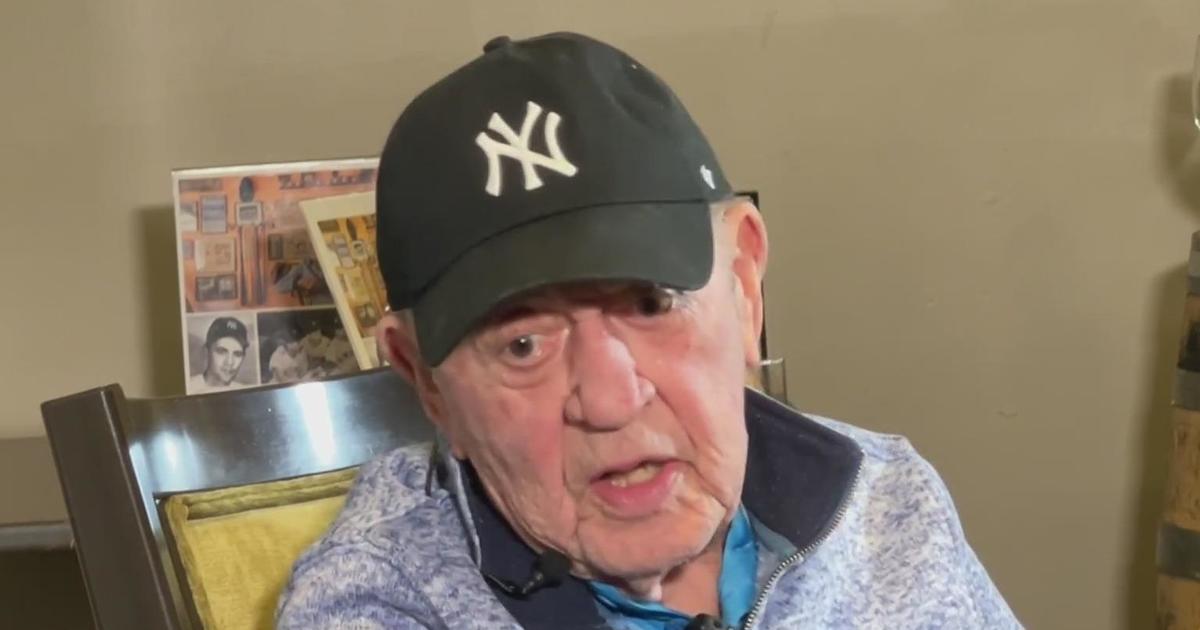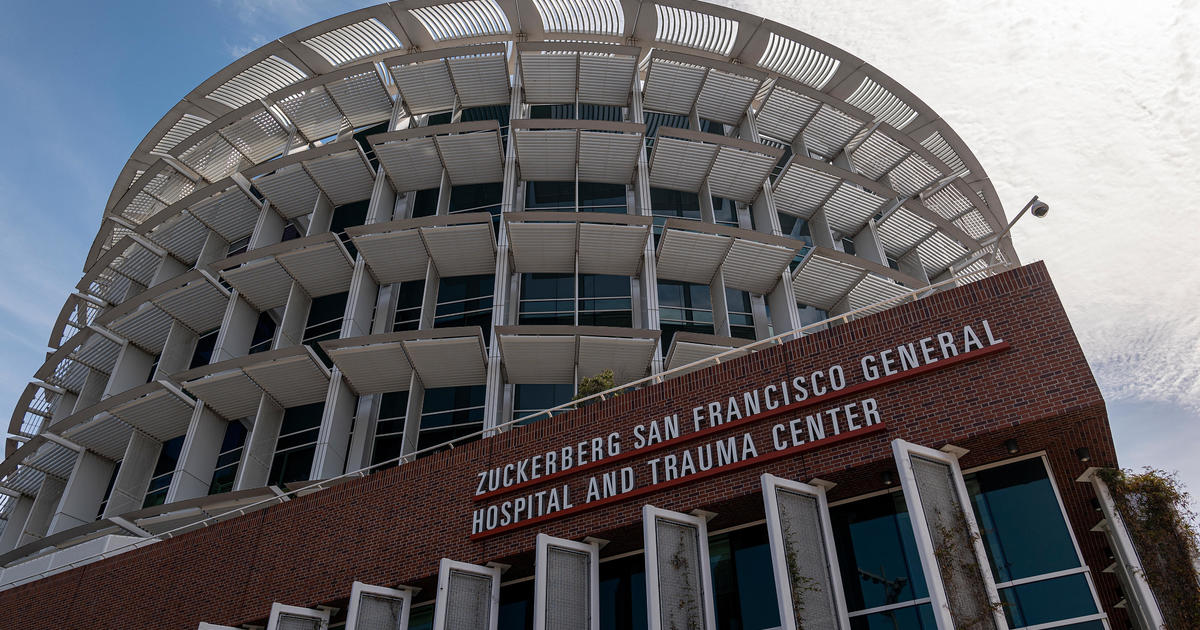Parole Agent Creates Path For Former Inmates To Re-Enter Society, Stay Out Of Prison
by Allen Martin and Jennifer Mistrot
SAN FRANCISCO (KPIX 5) -- When a person is released from prison, they can come back into a world that's changed dramatically. Things like cell phones, email, job hunting and housing can be overwhelming. A Bay Area man has taken on the task of running a program to help former inmates re-enter society, and for years it's been a success.
Peer Re-Entry Navigator Network, or PRNN, is the passion of Martin Figueroa, a San Francisco-based Parole Agent Supervisor. PRNN provides services and peer support to recently-released inmates, or 'lifers' as they call themselves, so that they may re-enter society and stay out of jail and prison.
Figueroa admits even he had doubts about whether or not it would work when he was put in charge of rolling the network out nine years ago.
"I was one of those guys that never believed in redemption," admitted Figueroa.
The parolees had their doubts too.
"They couldn't believe that we were trying to rehabilitate," recalled Figueroa. "To really help them to go back to be successful in the community."
But Figueroa and his team stayed true to the PRNN's mission, providing valuable life skills like money management, job placement and addiction recovery support. So far, Figueroa tells KPIX 5 PRNN has served about 700 parolees, with an amazing 95 percent staying out of jail.
Joe Calderon recently led a group discussion at a PRNN monthly meeting at the Mission Street Parole Office in San Francisco. Calderon has been a participant since its inception, and credits the group with helping him turn his life around after he was released.
"It keeps me humble," said Calderon. "It keep me grateful. And it puts me at a place where I can actually thrive."
The formerly incarcerated individuals at the meeting have spent decades behind bars. Their crimes range from robbery and assault to murder. Figueroa says the California Department of Corrections and Rehabilitation recognizes that more and more long-term prisoners are being paroled, so the agency needed to provide them a support system so that they would be less likely to re-offend.
"They knew from the board of parole hearings that more long-term offenders would be getting out of prison," explained Figueroa. "And they wanted to have a support system available for them."
Parole Administrator Steve Lin credits Figueroa's commitment.
"That is what separates himself than other people," said Lin. "He deeply, deeply cares about what he does."
Figueroa says PRNN works because CDCR and the parolees are committed to change.
"If you do a good job rehabilitating you are protecting the community," explained Figueroa. "They are not separate."
Calderon says he could not agree more.
"My life will be in amends to my victim and anyone and everyone that I have hurt," said Calderon.



